Understanding the Unified Carrier Registration (UCR) Program
The Unified Carrier Registration (UCR) program is a federally mandated system under the SAFETEA-LU Act of 2005 that requires carriers and related entities engaged in interstate or international commerce to register and pay annual fees.
These fees fund state enforcement of motor carrier safety programs. Carriers that transport property or passengers, brokers, freight forwarders, and leasing companies are all subject to the UCR agreement if they operate across state or national boundaries.
Importantly, the UCR program applies to both U.S.-based carriers and Canadian or Mexican companies operating in the United States.
Failure to comply with UCR requirements may result in penalties, fines, and operational disruptions. Enforcement officers can verify compliance electronically through CVIEW, SAFER, or the UCR enforcement portal.
Unlike other compliance requirements, carriers are not required to carry a physical UCR credential, but payment status must be current for continued operations. Understanding these regulations is critical before beginning the 2026 registration process.
Determining Who Must File for UCR For 2026
Determining whether your business is required to file for UCR registration is the first step in compliance. The law is clear that all motor carriers involved in interstate or international commerce must register.
This includes for-hire carriers transporting goods or passengers, private carriers operating commercial vehicles in support of a business, and exempt carriers that still engage in cross-border or multi-state operations. Brokers and freight forwarders, though not physically operating vehicles, must also register under UCR.
Companies that operate exclusively in intrastate commerce and do not cross state or national borders are not subject to UCR. Similarly, private passenger carriers that serve internal business functions and do not provide transportation to the public are exempt.
Given the wide applicability of UCR requirements, businesses should conduct a thorough assessment of their operations well in advance of the 2026 filing deadline to avoid penalties for non-compliance.
You need to file UCR if:
- You operate a commercial motor vehicle weighing 10,001 lbs or more.
- You transport passengers or cargo across state lines.
- You are a broker, freight forwarder, or leasing company.
- You are based in a participating UCR state (currently 41 states).
For official guidance, visit the UCR official government site.
Step-by-Step Guide to Filing UCR Registration
Filing for Unified Carrier Registration (UCR) is a federally required process that must be completed annually through the official UCR website. The filing process is structured yet straightforward when approached systematically. Accuracy is essential, as underreporting or late filing can lead to penalties, fines, or disruptions in operating authority.
Step 1: Gather Required Information
Before beginning, ensure you have your USDOT number, company name and address on file with FMCSA, the number of commercial motor vehicles operated in interstate commerce, and a valid payment method (credit card, debit card, or electronic check). Proper documentation prevents filing errors and reduces delays.
Step 2: Determine Base State and Access the UCR Portal
Identify your base state for registration. If your state does not participate in UCR, you must file through a neighboring state that does. Always use the official UCR Plan website or your state’s UCR portal to avoid unauthorized third-party sites charging additional fees.
Step 3: Select the Registration Year
Verify that you are registering for the current year. Each registration covers only one year, and enforcement begins every January. Filing for the wrong year creates compliance gaps and potential violations.
Step 4: Enter Company and Fleet Details
Submit your USDOT number, business information, and fleet size. The system automatically calculates your fee bracket, which is based on the number of commercial vehicles you operate. For small carriers with zero to two vehicles, the cost is minimal, while large fleets incur higher fees.
Step 5: Submit Payment and Retain Records
Complete payment electronically through the UCR system. Once payment is confirmed, download and store your UCR receipt. While no physical credential is required in vehicles, proof of registration should be kept on file for roadside inspections, compliance reviews, or FMCSA audits.
By following these steps and filing on time, carriers maintain uninterrupted operating authority and avoid unnecessary enforcement actions.
UCR Fees for 2026
The Unified Carrier Registration (UCR) fees for the 2026 registration year have been formally approved and published in the Federal Register. Every motor carrier, broker, freight forwarder, and leasing company subject to the UCR Agreement must pay the applicable fee annually in order to maintain compliance and preserve their legal authority to operate.
The registration portal for 2026 will open on October 1, 2025, through the National Registration System (NRS), and all fees must be paid prior to January 1, 2026, to avoid enforcement action.
The 2026 fee brackets are tiered according to fleet size and are as follows:
- 0–2 vehicles: $46 per entity (carriers, forwarders, brokers, or leasing companies)
- 3–5 vehicles: $138 per carrier or forwarder
- 6–20 vehicles: $276 per carrier or forwarder
- 21–100 vehicles: $963 per carrier or forwarder
- 101–1000 vehicles: $4,592 per carrier or forwarder
- 1001 or more vehicles: $44,836 per carrier or forwarder
Brokers and leasing companies are assessed only at the lowest bracket of $46, regardless of operational size, as they do not operate fleets directly. These fees are established under federal statute to ensure uniformity across all participating states.
For official fee details and updates, carriers should consult the UCR official fee brackets.
Common Mistakes Carriers Make with UCR Filing
Even experienced carriers often commit avoidable errors during UCR filing. These mistakes can trigger fines, audits, or service interruptions. Below are the most frequent pitfalls, and how to prevent them:
Filing through unofficial websites and overpaying
Carriers sometimes use third-party sites that charge excessive service fees or fail to process registrations correctly. Always file through the official UCR site or your state’s designated portal to avoid unnecessary costs and compliance issues.
Forgetting to update fleet size
Your annual UCR fee is based on the number of power units in your fleet. Underreporting or overreporting leads to either fines during audits or wasted money. Always update your fleet count to reflect current operations.
Missing the annual deadline
The registration period usually opens in October and closes on December 31, with enforcement beginning January 1. Late filings expose carriers to immediate roadside penalties or even out-of-service orders.
Assuming intrastate-only carriers never need UCR
Most purely intrastate carriers are exempt, but exceptions exist, for example, if you transport hazardous materials or operate across exempt jurisdictions. Misinterpreting these rules can leave a company unintentionally non-compliant.
Not keeping proof of registration
Although no physical credential is issued, inspectors may request proof of registration during audits or roadside checks. Without documentation, carriers risk being cited, even if they did register.
Registering under the wrong entity type
Carriers, brokers, freight forwarders, and leasing companies each fall under specific UCR classifications. Filing under the wrong type results in incorrect fees, rejected applications, or audit corrections.
Using incomplete or inaccurate data
Typos, missing USDOT numbers, or mismatched company information cause delays, trigger follow-ups, and raise compliance red flags. Accuracy is critical for smooth processing.
Ignoring changes in participating states
Since UCR is administered at the state level, carriers based in non-participating states must register through a participating state. Failing to track these requirements can create gaps in compliance.
Penalties for Non-Compliance with UCR Requirements
Failure to register and pay the required UCR fees by the annual deadline carries serious consequences. State enforcement agencies have the authority to impose civil penalties, issue out-of-service orders, and document violations under FMCSA regulations.
The specific violation code, 392.2 UCR – Failure to Pay UCR Fees, may be cited during roadside inspections. Such violations are not only costly but also create a permanent compliance record that can negatively impact a carrier’s safety profile and future audits.
Fines vary by state but can range from hundreds to several thousand dollars per violation. Repeated non-compliance can escalate to suspension of operating authority, effectively grounding operations until fees are paid and compliance restored.
These risks highlight the importance of timely and accurate filing. Treating UCR registration as a compliance obligation equal to insurance, IFTA, or DOT filings helps ensure uninterrupted authority to operate in interstate commerce.
Final Thoughts: Ensuring UCR Compliance in 2026
The Unified Carrier Registration is more than an administrative formality; it is a statutory requirement that directly supports federal and state enforcement of motor carrier safety. Carriers that neglect their UCR obligations place their authority, revenue, and reputation at risk.
By completing the UCR filing accurately and on time, companies safeguard their ability to operate across state lines without interruption.
Because UCR compliance integrates with broader federal regulations, it should be considered alongside DOT compliance service requirements such as BOC-3 filings, IFTA reporting, and operating authority maintenance.
Companies that treat UCR as part of a holistic compliance strategy are best positioned to withstand audits, reduce enforcement risk, and operate efficiently in a regulated environment. To streamline your compliance in 2026 and beyond, consider engaging a professional DOT compliance service provider like SafeRoad Compliance.
Frequently Asked Questions About UCR Filing
The UCR Agreement was created under the Unified Carrier Registration Act of 2005. It establishes a base-state system for collecting and distributing fees from motor carriers, brokers, freight forwarders, and leasing companies engaged in interstate or international commerce. The law distinguishes UCR from the Unified Carrier Registration System (UCRS), which is a federal data system. For details, see the official UCR FAQ.
Yes, if they meet the definition of a commercial motor vehicle (10,001 pounds GVW or greater, placarded for hazardous materials, or designed for 10+ passengers). However, the UCR Act does not replace state-level hazardous materials or hazardous waste registration programs. States may still require annual renewals and fees for hazardous carriers. More information is available in the UCR guidance.
Purely intrastate carriers are generally exempt, but exceptions exist. If an intrastate carrier transports hazardous materials, hazardous waste, household goods, or provides non-consensual towing, state-level registration may still apply. Section 14504a clarifies that states cannot impose renewal fees for interstate carriers’ intrastate authority, except in these limited cases. See the UCR FAQ page for clarification.
For UCR, a commercial motor vehicle is any self-propelled vehicle used in commerce that:
• Has a GVWR or GCWR of at least 10,001 pounds, or
• Is placarded for hazardous materials, or
• Is designed to transport more than 10 passengers, including the driver.
• This definition is consistent with 49 U.S.C. § 31101.
No physical credential is required for UCR compliance. Federal law (49 U.S.C. § 14506) prohibits states from requiring UCR decals or paperwork to be displayed in or on commercial motor vehicles. However, carriers are encouraged to keep a copy of their registration receipt as proof during inspections. More details are available in the UCR FAQ.
As of 2025, 41 states participate in the UCR Agreement. Non-participating states include Arizona, Florida, Hawaii, Maryland, Nevada, New Jersey, Oregon, Vermont, Wyoming, and Washington D.C. Carriers based in a non-participating state must still register by selecting a base state from the list of participating states. See the full list at the official UCR site.
UCR fees are calculated based on the number of commercial motor vehicles a carrier operates, not the extent of its operations. Brokers, freight forwarders, and leasing companies that do not operate vehicles pay the lowest fee tier. The UCR Board reviews fees annually and submits recommendations to the U.S. DOT for approval. For the most recent fee schedule, visit the UCR FAQ page.
No. UCR fees are assessed based on the number of vehicles in the prior year. Mid-year changes in fleet size do not require supplemental reporting or fee adjustments until the next registration cycle.
While no credential is mandated, carriers should maintain a copy of their UCR payment receipt. Inspectors and auditors may request proof of compliance. Having documentation readily available can help prevent unnecessary delays.
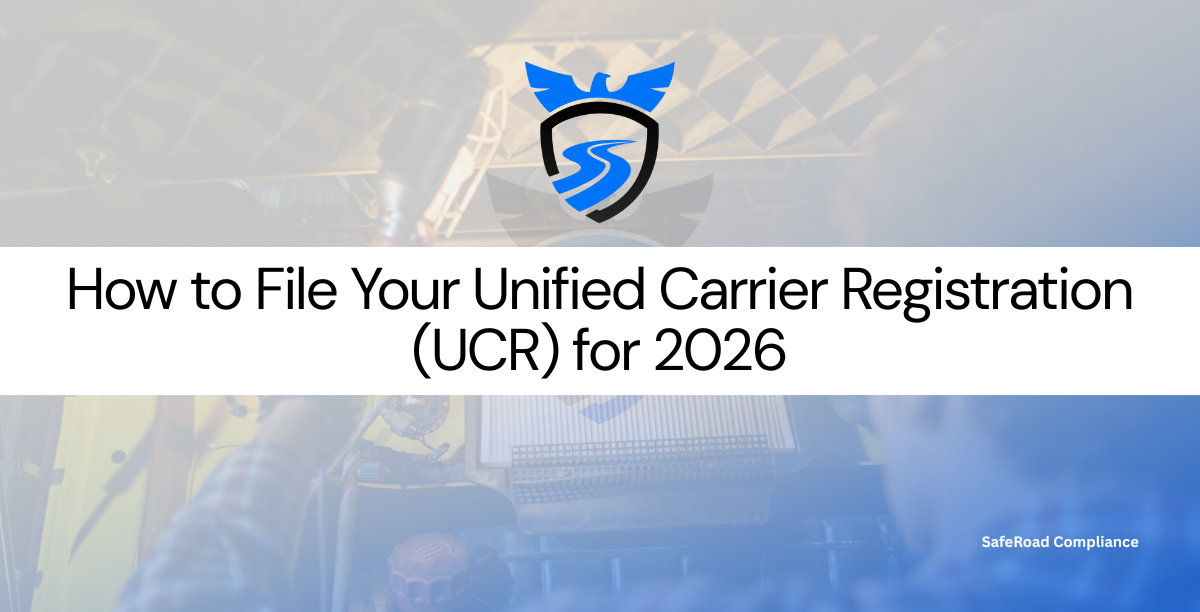
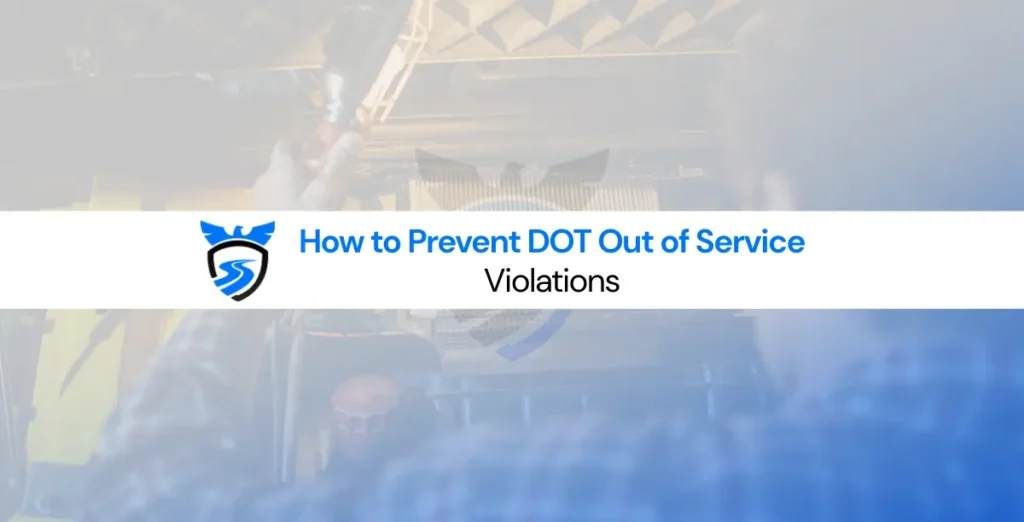
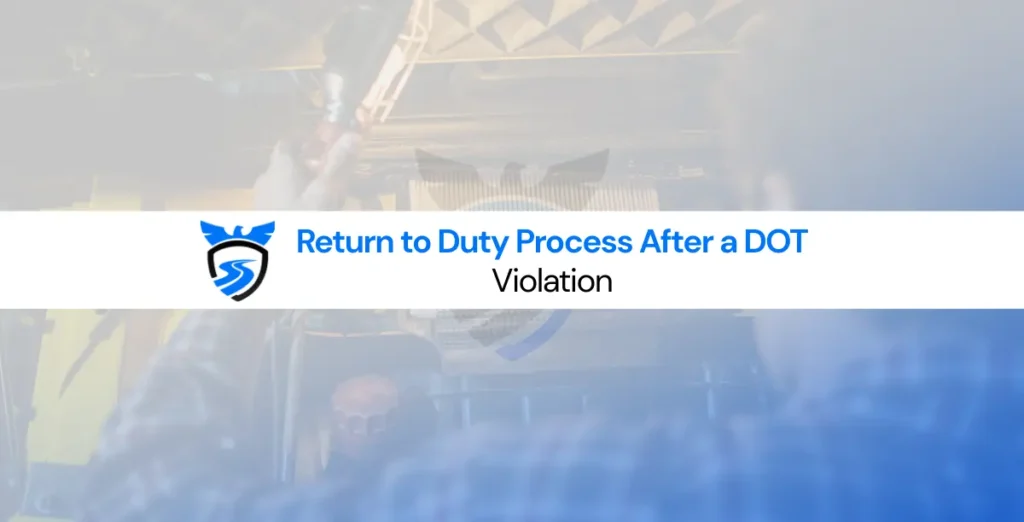
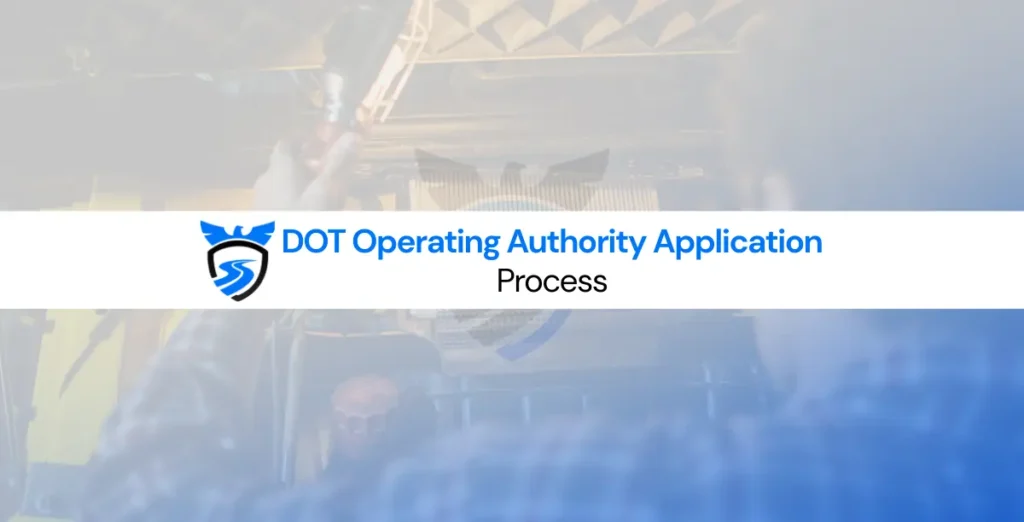
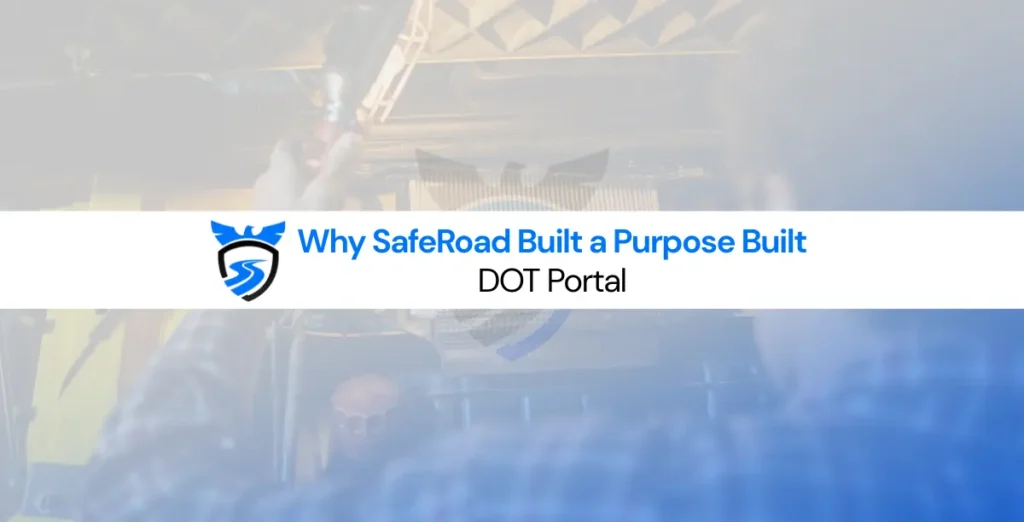
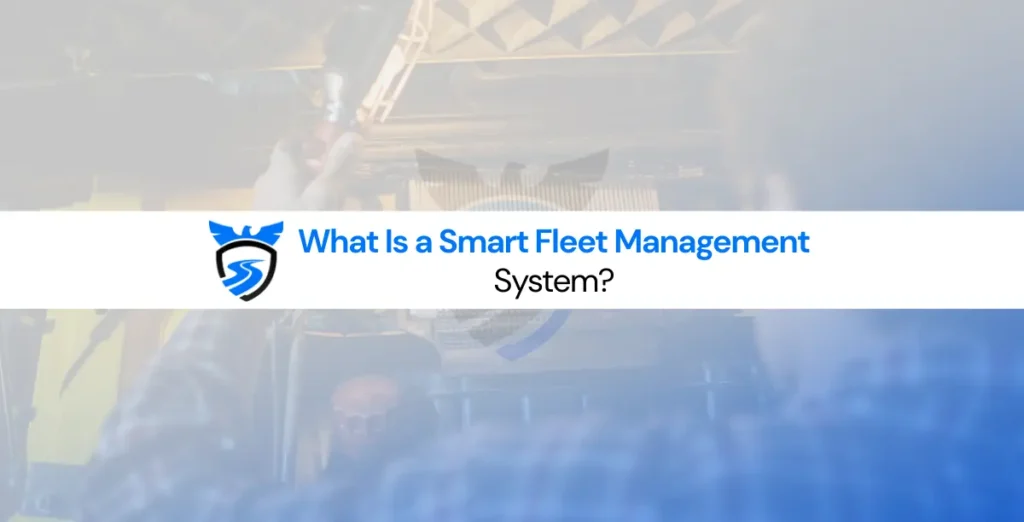
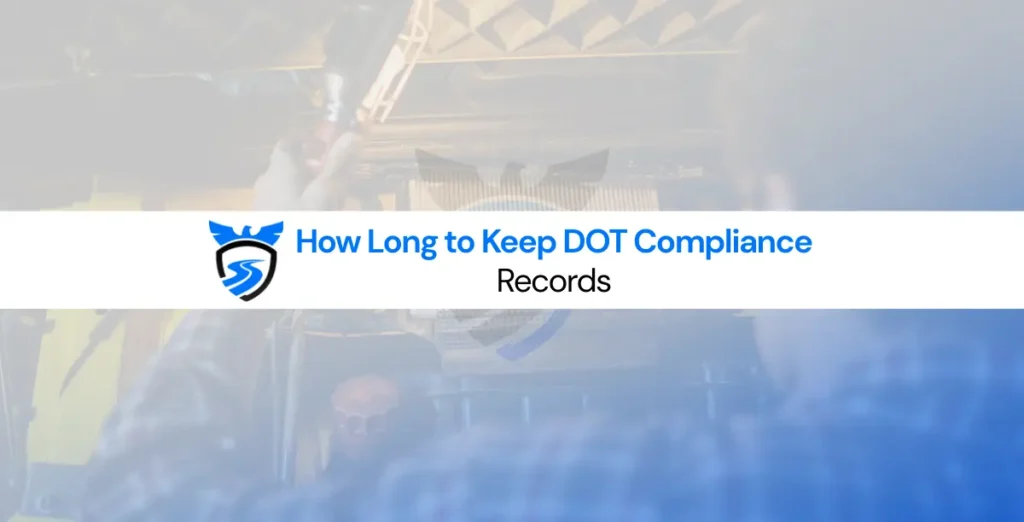
One Response